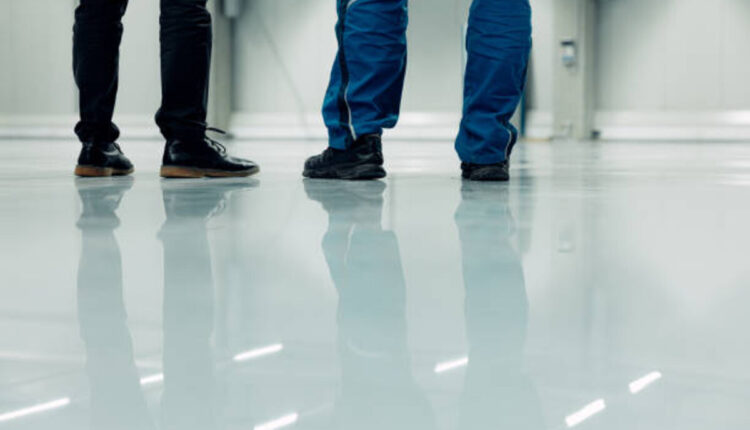In recent years, epoxy flooring has emerged as a powerhouse solution for various industries, rapidly gaining traction due to its durability, versatility, and aesthetic appeal. As we move further into the 21st century, it’s fascinating to observe how different sectors are adopting and adapting epoxy flooring to meet their unique needs. Let’s break down some of the most exciting trends in epoxy flooring applications across various industries. Obtain the Best information about Big Red’s Epoxy Flooring.
1. Commercial Spaces: Aesthetic Meets Functionality
Commercial spaces have seen a significant shift in how flooring is approached. Traditional options like carpet or tile are being replaced by epoxy flooring, which offers an advantage in both durability and design. Businesses are increasingly opting for decorative epoxy flooring that allows them to create a unique brand identity.
For instance, restaurants and retail stores are using colored and patterned epoxy to create inviting atmospheres that enhance customer experience. Geometric designs and bold colors are trending, enabling businesses to differentiate themselves while ensuring their floors can withstand heavy foot traffic and spills.
2. Healthcare: Hygiene and Safety First
In the healthcare sector, the emphasis on hygiene and safety continues to grow. Epoxy flooring is gaining popularity in hospitals, clinics, and laboratories due to its seamless surface, which minimizes dirt and bacteria accumulation. The ability to easily clean and disinfect epoxy floors is vital in these environments.
Moreover, anti-slip additives are becoming a common feature in healthcare epoxy applications, ensuring that safety is prioritized in high-moisture areas, such as restrooms and kitchens. The result? A flooring solution that not only meets health standards but also promotes a safe environment for both patients and staff.
3. Industrial and Manufacturing: Built to Last
In industrial settings, epoxy flooring is the gold standard for durability and resilience. Trends are leaning toward high-performance epoxy systems that can endure heavy machinery and impact. We’re seeing more companies invest in epoxy flooring with enhanced resistance to chemicals, oils, and thermal shock, which are crucial for manufacturing environments.
Additionally, with the growing emphasis on workplace safety, companies are utilizing epoxy with reflective coatings in warehouses and factories. These coatings improve visibility and reduce accidents by making it easier for workers to navigate the space.
4. Residential: Design Innovation at Home
While epoxy flooring has long been a favorite in commercial and industrial applications, its popularity in residential settings is on the rise. Homeowners are increasingly attracted to the sleek, modern look of epoxy floors, which can mimic higher-end materials like marble or polished concrete at a fraction of the cost.
Trends in residential epoxy flooring include customizable designs, where homeowners are opting for unique colors and patterns that reflect their style. Epoxy is being used creatively in garages, basements, and even kitchens, transforming these spaces into functional and visually appealing areas.
5. Sustainability: Eco-Friendly Choices
As sustainability becomes a vital consideration across industries, epoxy flooring is positioning itself as an eco-friendly choice. Many manufacturers are now offering low-VOC (volatile organic compounds) epoxy systems that minimize harmful emissions during installation. Additionally, the use of recycled materials in epoxy formulations is on the rise.
This trend is particularly relevant in commercial and public sectors, where organizations are striving to reduce their environmental footprint. The durability of epoxy flooring means longer lifespans and fewer replacements, further contributing to sustainable building practices.
6. Automotive: Enhanced Performance and Style
In the automotive industry, epoxy flooring is increasingly being used in showrooms and service areas. The sleek finish and customizable options make epoxy an excellent choice for car dealerships looking to create an upscale environment.
Moreover, epoxy’s resistance to oil and chemicals makes it ideal for garages and service centers, where spills are common. With the ability to incorporate logos or branding into the floor design, businesses can create a cohesive aesthetic that enhances their brand image.
7. Technology and Innovation: Smart Floors
As technology continues to advance, so does the potential for epoxy flooring applications. Smart flooring technologies are emerging, incorporating sensors and integrated heating systems within the epoxy. This innovation can help improve energy efficiency and provide real-time data on foot traffic or wear patterns in commercial spaces.










